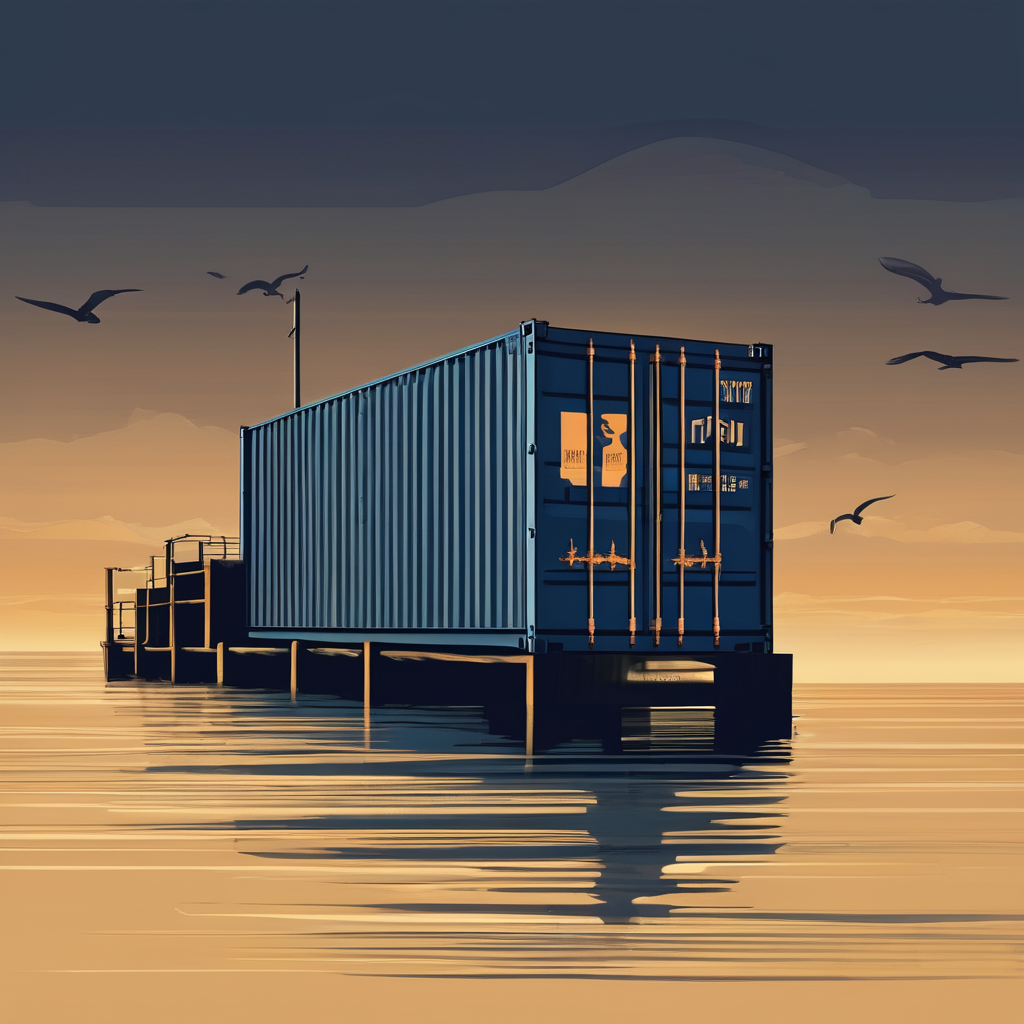Drug syndicates in Fiji are increasingly formed by deportees from countries like Australia, New Zealand, and the United States, according to Assistant Commissioner of Police Crime Mesake Waqa. This revelation came during his address at the Fiji Law Society Convention and the 2nd Pasefika Lawyers Collective Conference in Nadi. ACP Waqa indicated that these deportees have forged alliances with local crime groups involved in organized robberies, violence, and burglaries, linking them directly to international drug networks.
Waqa emphasized that upon settling in Fiji, these deportees initiated the creation of drug syndicates, effectively connecting local operations with established international drug cartels. He highlighted a significant increase in the detection of methamphetamines, noting a growth from milligram quantities identified in 2012 to recent seizures of several tonnes. Notably, 4.15 tonnes of narcotics were discovered on the shores of Fiji, a clear indication of the growing influence of organized criminal syndicates within the region.
Before the formation of these syndicates, Fiji was primarily confronting issues related to marijuana. However, as local production of methamphetamine has escalated, authorities have become increasingly concerned about Fiji’s role not only as a transit point but also as a production hub for meth, referred to colloquially as “meth” or “ice.” This unsettling trend is echoed by crime experts, who suggest that Fiji’s strategic geographic position in the Pacific makes it an ideal location for drug traffickers targeting markets in Australia and New Zealand.
Fiji’s drug challenges have deeper implications, as local criminal networks begin producing meth, alongside imports from foreign syndicates. Recent police operations have uncovered makeshift meth labs and identified hotspots for meth use across the islands, reflecting a troubling shift in local drug dynamics. For instance, earlier investigations revealed the seizure of drug-manufacturing equipment shipped from Canada, accentuating the international dimensions of Fiji’s growing drug problem.
While enforcement actions have led to some arrests, including mid-tier operatives, law enforcement faces persistent challenges in addressing the overarching criminal infrastructure, with higher-level operatives often remaining beyond the reach of authorities. Expert insights suggest that complicity from influential individuals in government and law enforcement may further complicate efforts to combat drug trafficking, exacerbating its impact on local communities.
As the situation unfolds, the ongoing investigations hint at a complex web of operations deeply rooted in Fijian society. This evolving drug crisis highlights the urgent need for a comprehensive approach from local authorities to combat both the local production and the intricate international trafficking networks that have established themselves in the Pacific. The proactive efforts of law enforcement could lead to a hopeful future where Fiji can reclaim its community from the scourge of drug trafficking and associated criminality.
